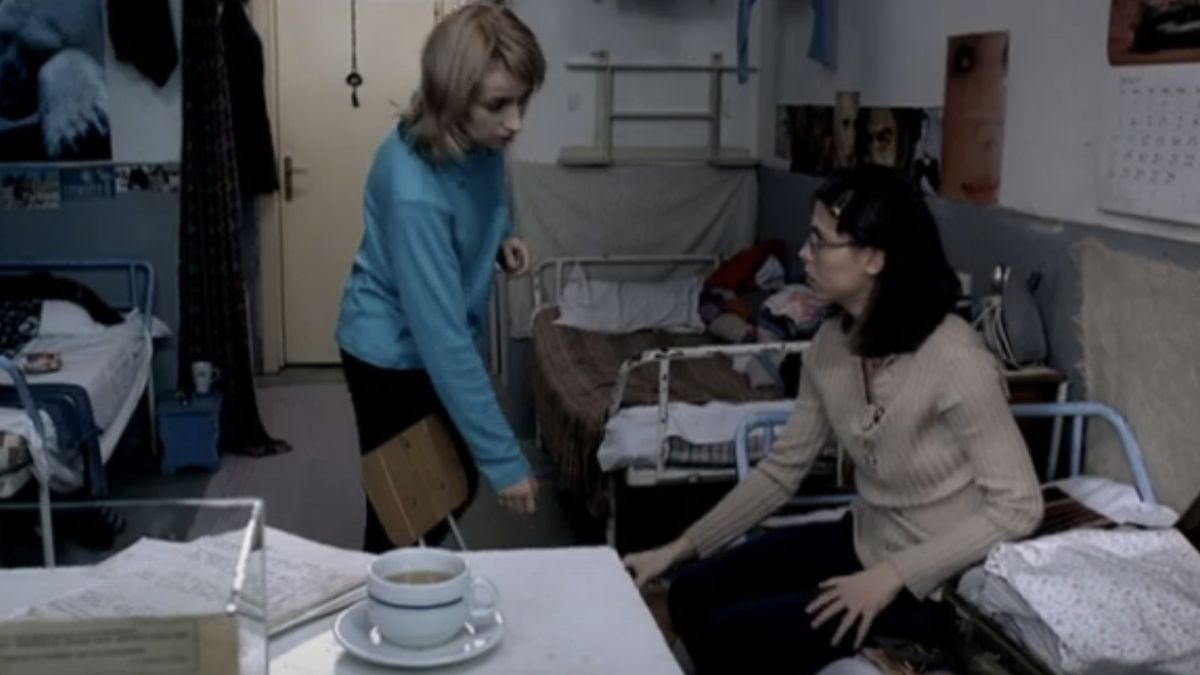Cannes Awards Romanian Abortion

Film festivals march to the beat of a different drum. Unlike popular award shows such as the Academy Awards, which seems to have an agenda, and the MTV Movie Awards, which awards “best kiss,” festivals such as Cannes highlight important, interesting and sometimes contrived films that you’ll likely never see. The latest addition to the list is 4 Months, 3 Weeks and 2 Days - the winner of Palme d’Or, Cannes’ top prize, reports Gaurdian Unlimited.
"This kind of attention that we got here, all around the festival, this story in which we believe so much, is going to reach lots of people now,” said winning Romanian director Cristian Mungiu. "I also hope that this award that I am getting tonight is going to be good news for small film-makers from small countries, because it looks like you don't necessarily need a big budget and a lot of stars."
4 Months, 3 Weeks and 2 Days is a difficult film focusing on an illegal abortion in communist-era Romania. That brief synopsis alone would warrant some controversy here in the states, enough to knock it out of any of our award platforms.
In other Cannes award news, the Cannes' second prize, known as the Grand Prize, went to Japanese film The Mourning Forest, directed by Naomi Kawase, which explores mourning and grief through the story of a retirement home resident and a caretaker. The award for best director (a.k.a. Prix de la Mise en Scene) went to Julian Schnabel for The Diving Bell and the Butterfly. In up-and-coming awards, the award for best first feature (Camera d’Or) went to Etgar Keret and Shira Geffen for Meduzot, an Israeli film whose title translates to Jellyfish.
CINEMABLEND NEWSLETTER
Your Daily Blend of Entertainment News
Most Popular







